Gene-edited white blood cells could let us hack our immune systems to prevent infections with pathogens like HIV, flu, and the virus that causes glandular fever.
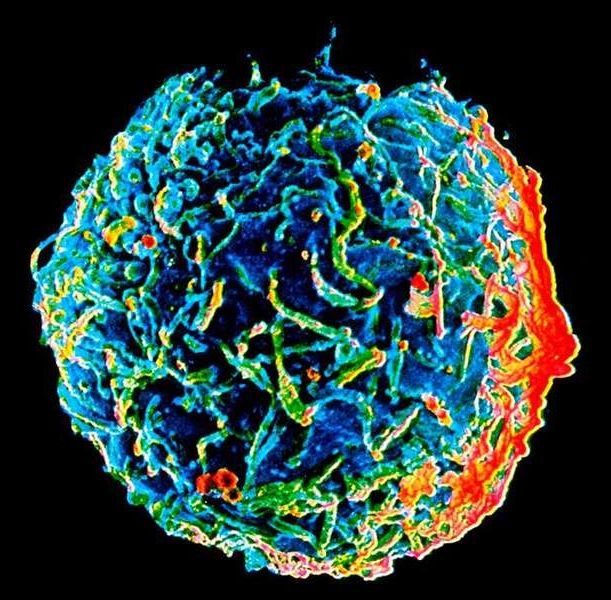

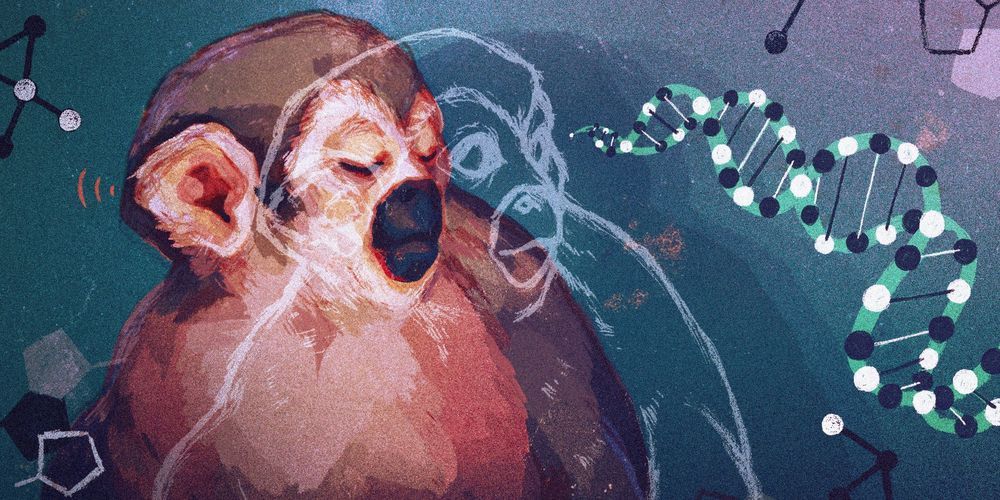
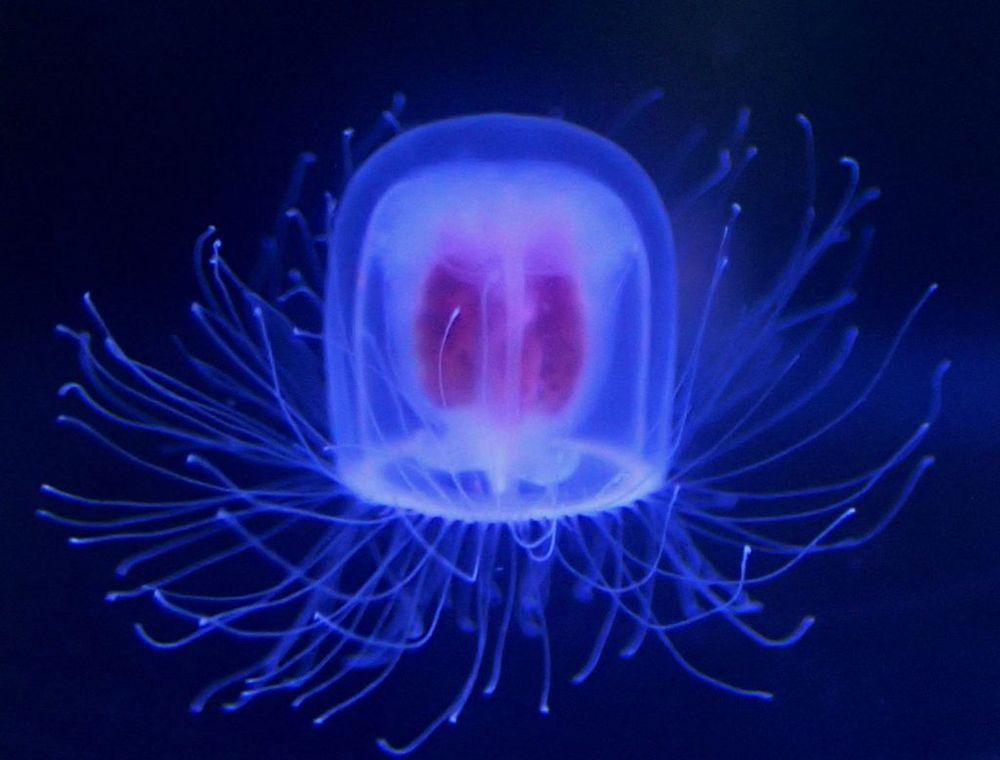

Glyphosate is the most widely used broad-spectrum systemic herbicide in the world. Recent evaluations of the carcinogenic potential of glyphosate-based herbicides (GBHs) by various regional, national, and international agencies have engendered controversy. We investigated whether there was an association between high cumulative exposures to GBHs and increased risk of non-Hodgkin lymphoma (NHL) in humans. We conducted a new meta-analysis that included the most recent update of the Agricultural Health Study (AHS) cohort published in 2018 along with five case-control studies. Using the highest exposure groups when available in each study, we report the overall meta-relative risk (meta-RR) of NHL in GBH-exposed individuals was increased by 41% (meta-RR = 1.41, 95% CI, confidence interval: 1.13–1.75). For comparison, we also performed a secondary meta-analysis using high-exposure groups with the earlier AHS (2005), and we determined a meta-RR for NHL of 1.45 (95% CI: 1.11–1.91), which was higher than the meta-RRs reported previously. Multiple sensitivity tests conducted to assess the validity of our findings did not reveal meaningful differences from our primary estimated meta-RR. To contextualize our findings of an increased NHL risk in individuals with high GBH exposure, we reviewed available animal and mechanistic studies, which provided supporting evidence for the carcinogenic potential of GBH. We documented further support from studies of malignant lymphoma incidence in mice treated with pure glyphosate, as well as potential links between GBH exposure and immunosuppression, endocrine disruption, and genetic alterations that are commonly associated with NHL. Overall, in accordance with evidence from experimental animal and mechanistic studies, our current meta-analysis of human epidemiological studies suggests a compelling link between exposures to GBHs and increased risk for NHL.
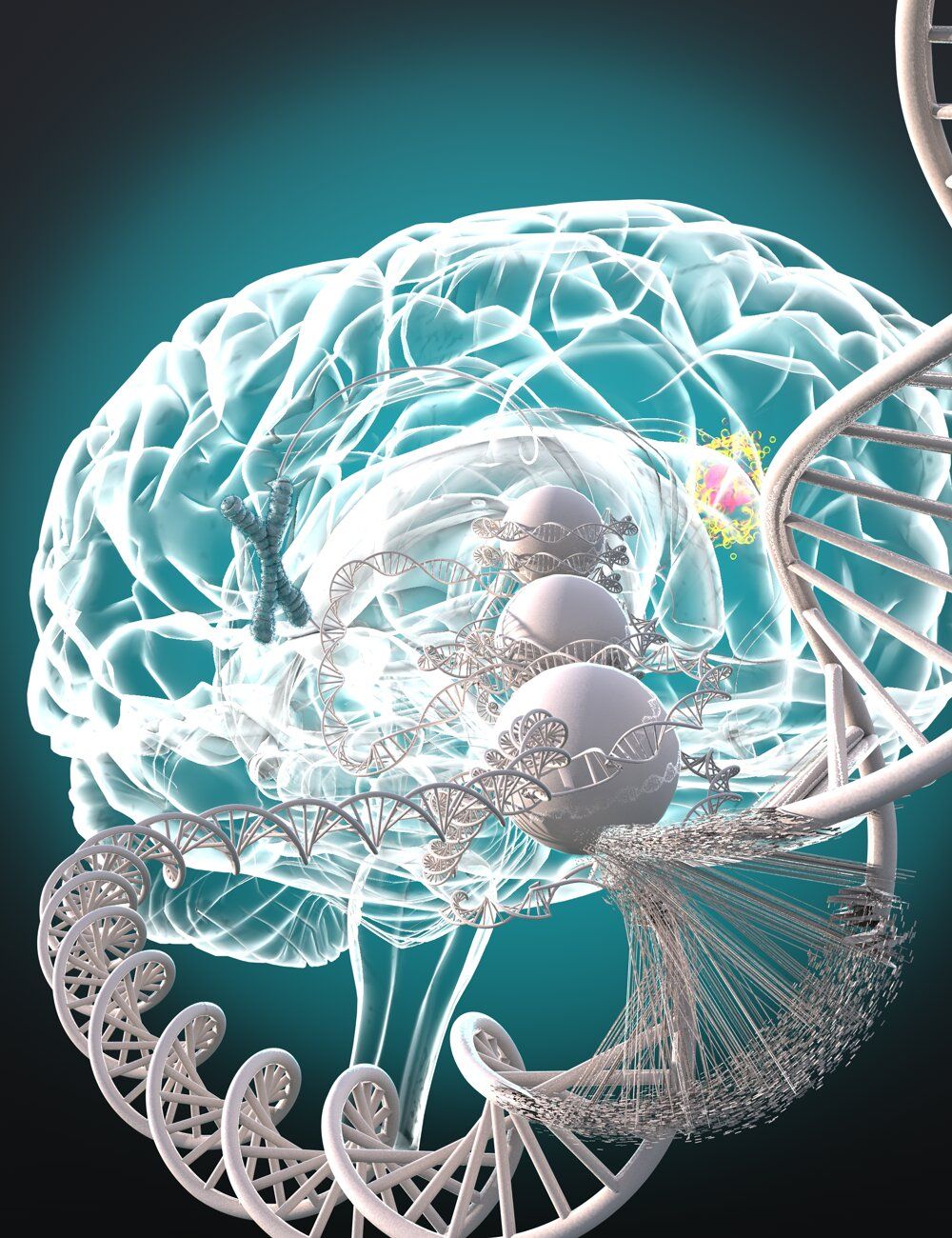
Researchers from the University of Michigan Rogel Cancer Center have found that a genetic mutation seen in about half of all brain tumors produces a response that prevents radiation treatment from working. Altering that response using FDA-approved drugs restores tumors’ sensitivity to radiation therapy, extending survival in mice.
The paper, representing more than five years of research, is published in Science Translational Medicine.
“These findings have great potential to impact medical treatment of patients with low-grade glioma, which is critically needed for this terrible disease,” says senior author Maria G. Castro, Ph.D., R. C. Schneider Collegiate Professor of Neurosurgery and a professor of cell and developmental biology at Michigan Medicine.
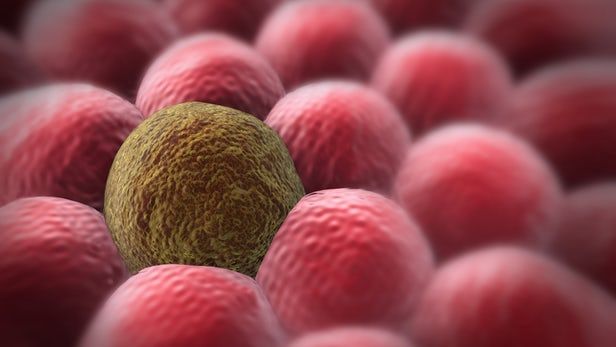
Cancer is a complicated disease. Tumors are made up of many different types of cancer cells, and our current treatment techniques can’t always clear them all out. Now, a team of Oxford researchers has developed a way to track the genetic “life histories” of thousands of individual cancer cells at once, which may lead to more effective and personalized cancer treatments.

Over 800 million people depend on cassava as a main food staple. Also known as manioc and yuca, this root vegetable also makes up around 50 percent of the caloric intake of around one-third of people in sub-Saharan Africa.
Unfortunately, it isn’t the most nutritious of food sources. As a result, iron and zinc deficiencies are sky high in many parts of Africa. It’s estimated that up to 75 percent of preschool children and 67 percent of pregnant women in Nigeria are anemic as a result of iron deficiency.
However, researchers have now developed super-charged cassavas using genetic engineering to enrich the plant with significantly higher levels of both iron and zinc.
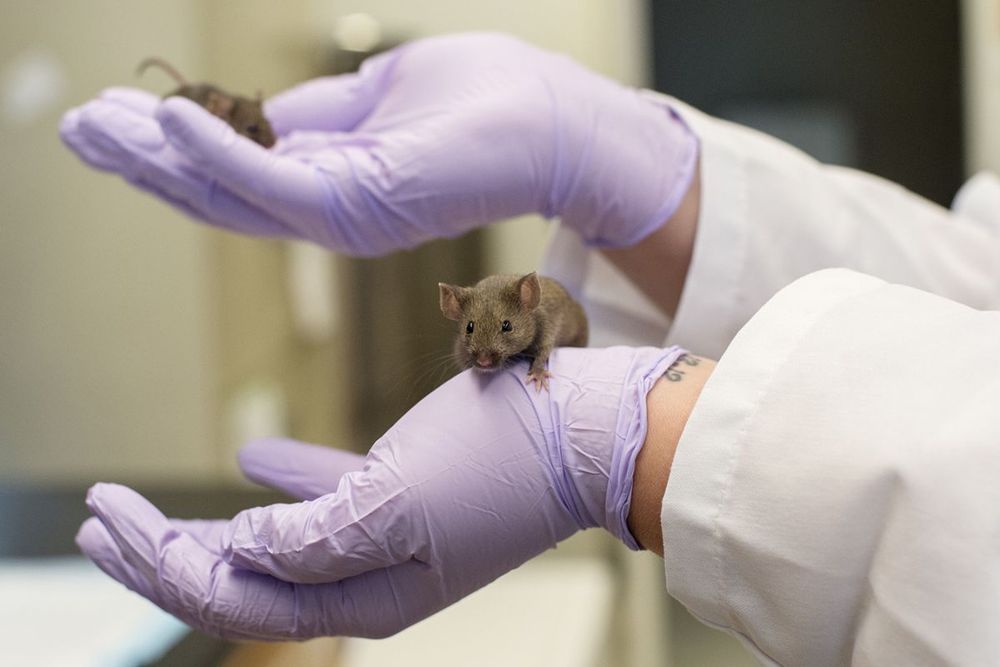
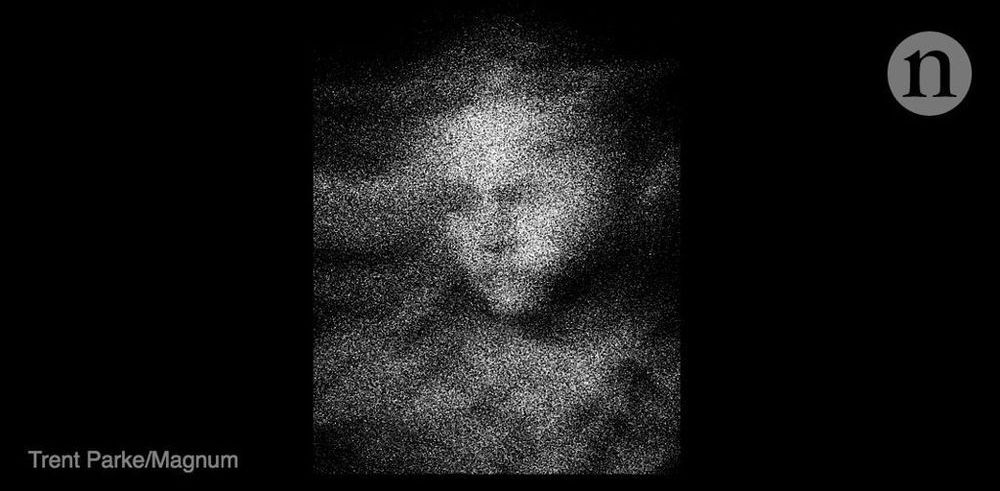
Psychiatry as a field, meanwhile, quivers with theoretical uncertainty. It has not become a sub-speciality of neurology, as one might have expected if mental illness mapped directly to neural behaviour. And common genetic variations with large effects on mental disorders are elusive. The various incarnations of the American Psychiatric Association’s Diagnostic and Statistical Manual of Mental Disorders (DSM) have enabled diagnostic consistency and the objectification of mental illnesses. But the DSM has resulted in overlapping diagnoses, and contrived symptom-cluster checklists. At times, it impinges on the territory of healthy mental function. Allen Frances, chair of the task force that wrote the manual’s fourth edition in 1994, revolted against out-of-control mental diagnosis in his 2013 book DSM: Saving Normal.
Adrian Woolfson weighs up a study on the role of evolution in conditions such as depression and anxiety.